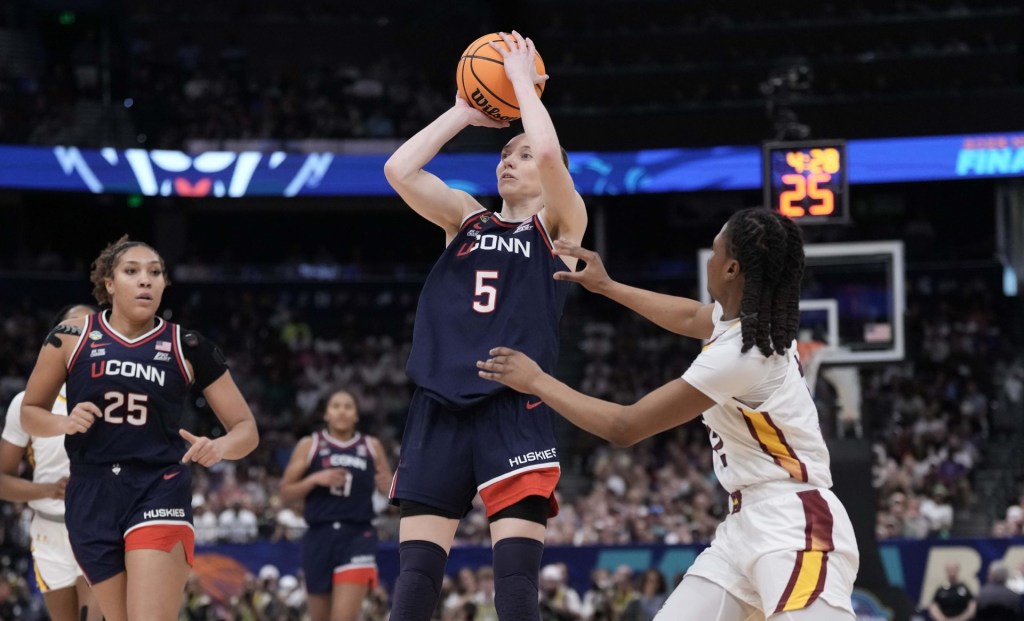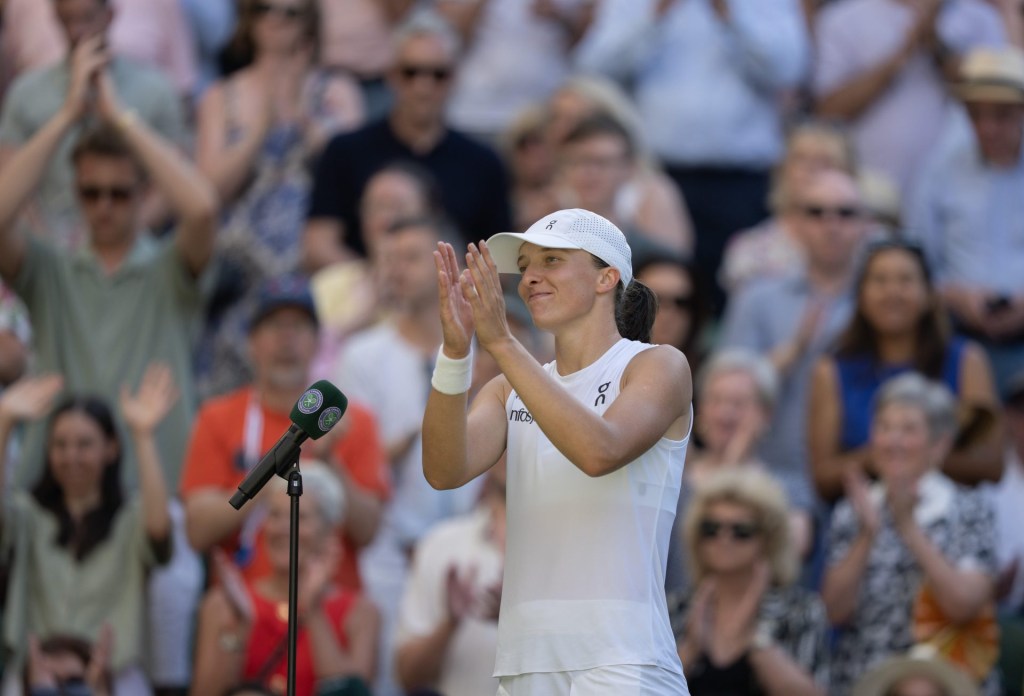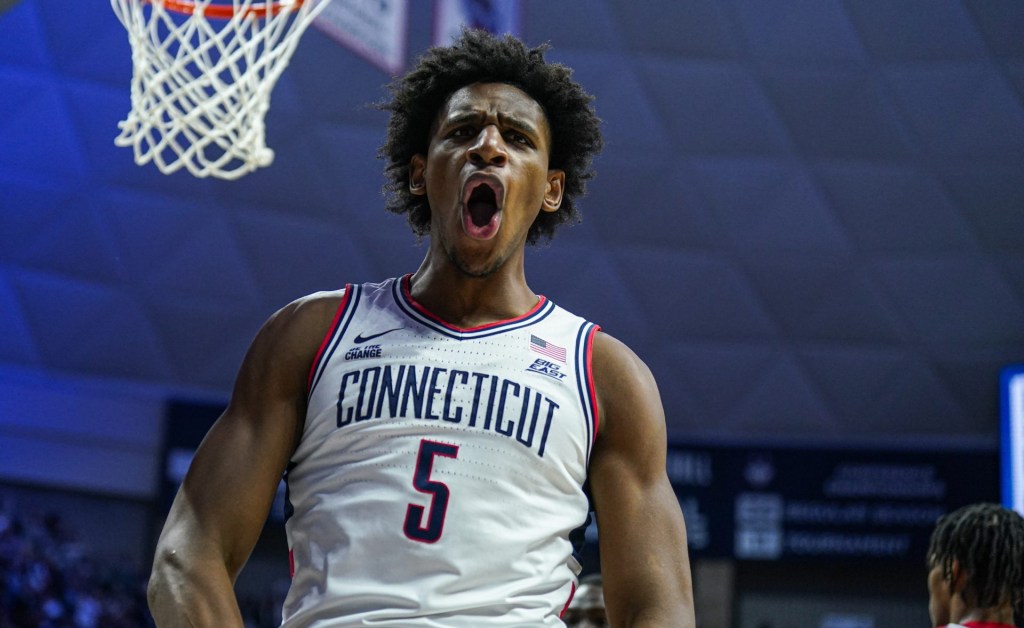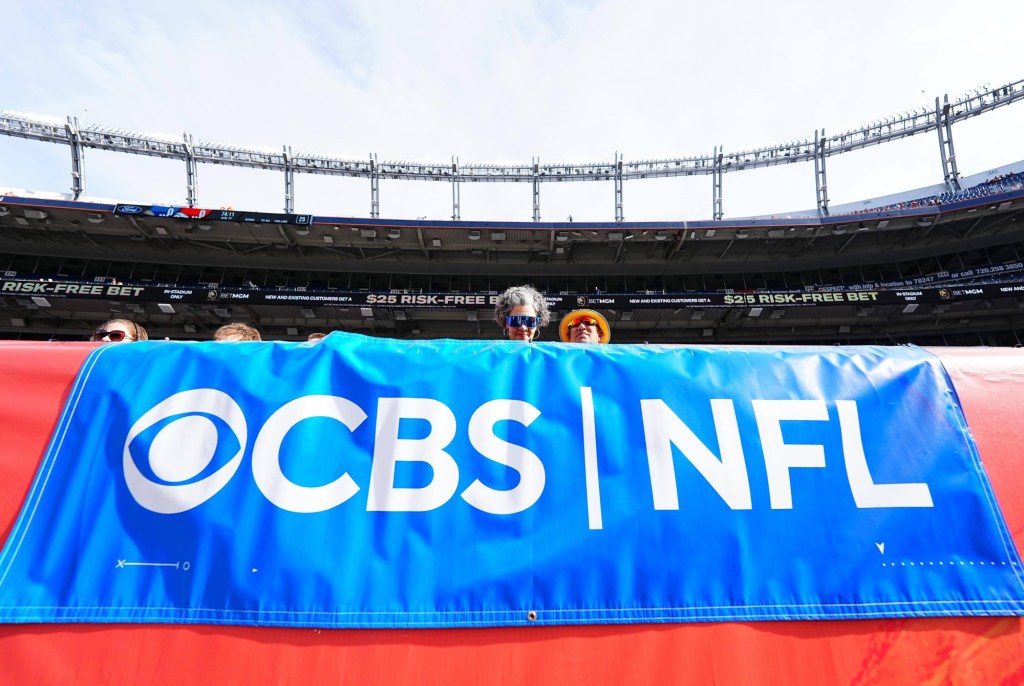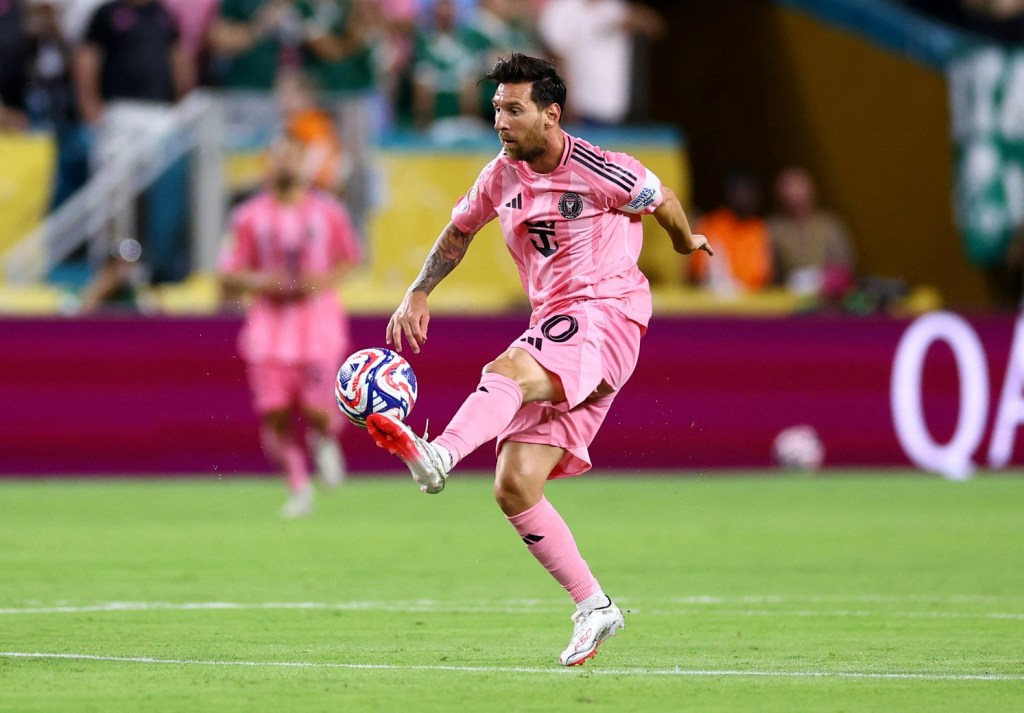It’s March already! I’m still savoring the thrill of the two U.S.-Canada showdowns we got last month as part of the NHL’s 4 Nations Face-Off.
That left me counting down the days to the next live sports must-see TV moment: the NCAA basketball tournament. The whole event is great, but those first two days, chock full of buzzer beaters and upsets, are the most fun. And there’s a reason so many people covertly watch at their desks, unwilling to miss a single game: Your friend thread is texting about it, and your Twitter timeline is posting about it. You need to tune in—live.
I generally think that the NBA, MLB, NHL, and MLS seasons are simply too long. I still can’t count that many annual sports events you need to catch on TV live in the moment. There’s the Super Bowl, the Olympics, Game 7 of the NBA Finals or World Series when it gets that far, tennis Grand Slams, the final round of golf majors…
But see, that list isn’t long and quickly loses steam—if you’re not a big tennis or golf fan, the latter few don’t resonate for you. Everyone tuned in for that 4 Nations Face-Off final (it averaged 9.3 million people in the U.S.); everyone is going to tune in for March Madness (last year, Caitlin Clark drew 18.9 million viewers to the Iowa–South Carolina women’s final).
In other words, for now, I’m sticking with my take from this newsletter last month that in an era of waning viewership for almost everything, the only things that will truly hit are must-see moments.
Sports leagues must create appointment viewing. It isn’t easy to force such things, but they can start by trying exciting new formats to break up the monotony of their long seasons. The NBA has tried it with its in-season tournament, although the results so far have been mixed. The NHL pulled it off last month with 4 Nations Face-Off. Newly launched leagues like Unrivaled in women’s basketball and TGL in golf have appealingly short seasons.
I need a reason to tune in right now at the exclusion of all the other things I could be watching or doing on any given night. These formats deliver.
Our readers had a lot to say in response to this vision of live sports television’s future. Here’s a selection of their comments.
![Feb 15, 2025; Montreal, Quebec, CAN; [Imagn Images direct customers only] Team Canada forward brandon Hagel (38) plays the puck and Team United States defenseman Charlie McAvoy (25) defends in the second period during a 4 Nations Face-Off ice hockey game at the Bell Centre](https://frontofficesports.com/wp-content/uploads/2025/03/USATSI_25429935_168416385_lowres-e1741377460899.jpg?quality=100&w=1024)
“The biggest thing that I hear for the NHL and sports in general is where to find games. The multi-platform model includes multiple tiers, making it confusing to quickly find your favorite team. Fans are on overload with options creating the Paradox of Choice. I think a lot of frustration comes from this.” —Kerri Jacklets
“Between TV, TikTok, YouTube, Disney+, etc., there are too many entertainment options fighting for viewers’ attention vs ‘meaningless’ games.” —Dallas Anderson
“I’ve often thought that baseball should break its season into quarters or halves. Have a winner come from each quarter of the season and have a play off between those teams to advance to the playoffs. It will create drama and tension into a long season and give mini pennant races at different points of the season.” —Chris Bleak
“Our sporting culture has become just another brand of televised entertainment that now requires made-for-tv events to stir up viewership. This approach may stir up interest for a time, as witnessed by the NHL’s 4 Nations competition, but I suspect that once the novelty wears off, these stunts won’t woo more fans to the ice rink or the basketball court. By having sports live and die by the capricious nature of TV ratings, we’re turning America’s sports into geek shows, dependent on novelty to generate growth and interest. By way of contrast, my years spent in England reflected a different attitude toward sports. Although the likes of the Premier League have given an American-style sheen to its business approach, by and large, football/soccer remains deeply rooted in each club’s community and in the culture at large. I never once heard a complaint that a season was too long or that clubs would pull up stakes to get a better stadium deal elsewhere.” —Richard Steele
“I disagree with you about having shorter seasons for baseball, basketball and hockey. Countless local, small vendors would be hurt if the seasons were shortened. The NHL was created in 1917. The National League of baseball started in 1876 and the American League came about in 1901. The NFL started in 1920. The NBA [came] along in 1946 as televisions were in 0.5% in U.S. homes. The games of these sports are not made-for-tv events. The games were being played before television, which was invented in 1927.” —Lawrence Benenson
“You are right, although I would be a bear on your audience loss predictions. The world is awash with content and diversions and thus the ‘appointment to view’ is constantly being challenged. Oversupply of repetitive sports have proven ineffective in addressing splintering audiences.” —Randy Haynes
“Agree with you 100%. Also, stars bring out the viewers—even for a baseball game in the middle of the week in July. I grew up watching the Red Sox and later always watched during the Ortiz/Pedro years. This past season I never saw a game. No stars.” —Martha Cusick
“My whole life (59) I’ve never watched all regular season NBA, NHL or MLB games… I only start watching regularly during the last month and then the playoffs. My husband (57) says ‘Well then you are not a true fan,’ to which I reply, ‘I am, but I don’t NEED to see them all, since you do.’ He has the NBA package, watches any basketball game at any given time, especially our hometown team (Mavs)… These days folks cannot become true fans of anything because they have short attention spans and too much of everything.” —Lucy Johnson
“The problem is that there is access to every single game and that the leagues have spread out their windows for those games. Let’s go back 50 years: NBA and MLB still have exactly the same number of games per team. NHL has gone from 80 to 82, NFL from 14 to 17. A televised game then was an event, since even the NFL blacked out home games to protect the gate. Now we are oversaturated with available games. Add in that the leagues have all expanded and the number of total games played is that much higher. And larger leagues have spawned longer playoff rounds and schedules. No wonder it takes a ‘special event’ to garner widespread attention.” —Ken Krsolovic

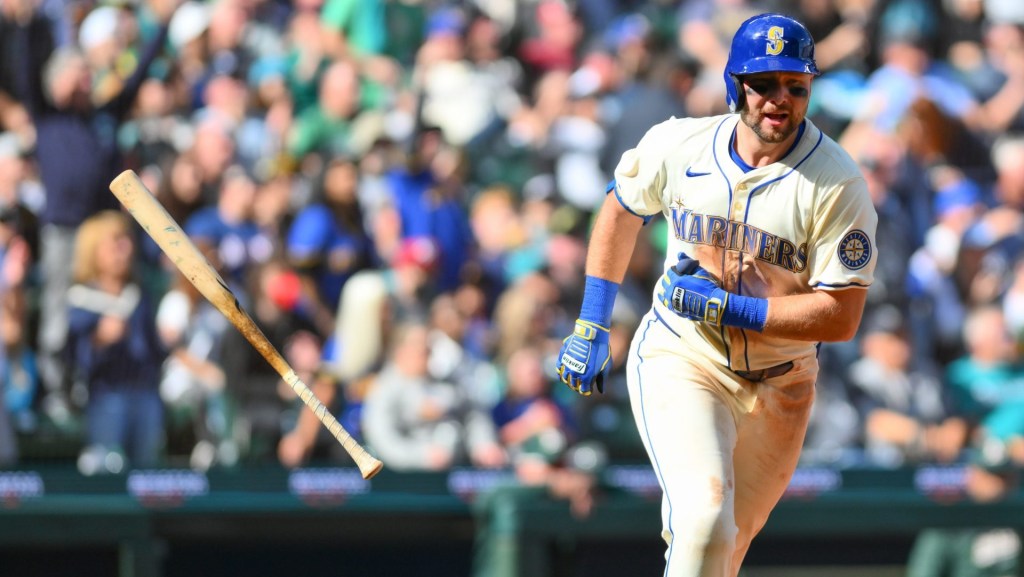

![[Subscription Customers Only] Jul 13, 2025; East Rutherford, New Jersey, USA; Chelsea FC defender Reece James (24) lifts the trophy as he celebrates with teammates as U.S. president Donald Trump after the final of the 2025 FIFA Club World Cup at MetLife Stadium.](https://frontofficesports.com/wp-content/uploads/2025/07/USATSI_26637216_168416386_lowres-scaled.jpg?quality=100&w=1024)







